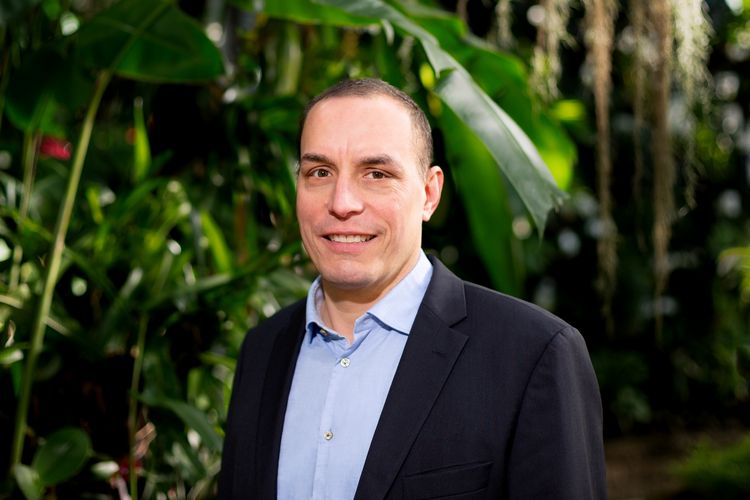Air pollution, species loss, overfishing – the list of challenges to sustainable development is long. In most cases, it is people who have overexploited natural resources for economic gain: they have overfished the oceans, crowded out insects through unbalanced agricultural practices and polluted the air with industrial emissions. Some of these undesirable developments have already been partially reversed, but in some cases new problems have arisen. The new Research Training Group, Economics of Connected Natural Commons (ECO-N), will explore these complex interactions between economic demands, human behaviour and natural resources.
From 1 April 2024 until 2029, 42 doctoral researchers will develop an integrative perspective on the sustainable use of natural commons in the areas of atmosphere and biodiversity. In interdisciplinary collaborative projects, they will develop a shared, overarching understanding of the interaction between economic activity and natural dynamics. “On this basis, and by synthesising many forms of management of natural commons, we aim to propose instruments and mechanisms for the sustainable use of natural commons,” says Professor Martin Quaas, spokesperson of the Research Training Group and a scientist at Leipzig University and the German Centre for Integrative Biodiversity Research (iDiv). “This new RTG is also an important milestone for us on the way to a potential Cluster of Excellence, called Breathing Nature, for which we submitted a draft proposal at the end of May as part of the Excellence Strategy of the German federal and state governments,” adds Professor Johannes Quaas, a meteorologist at Leipzig University and designated spokesperson for the proposed Cluster of Excellence.
ECO-N is a response to the growing demand in research, government and practice for academically qualified specialists who are capable of analysing difficult sustainability problems across sectors and disciplines. The new Research Training Group combines the expertise of the Faculty of Economics and Management Science, the Faculty of Physics and Earth System Sciences and the Faculty of Life Sciences at Leipzig University. Also involved are iDiv and the non-university research institutions Helmholtz Centre for Environmental Research (UFZ), Leibniz Institute for Tropospheric Research (TROPOS) and the German Biomass Research Centre (DBFZ).































































